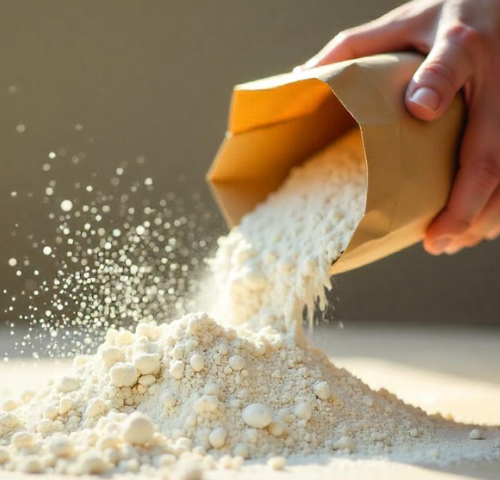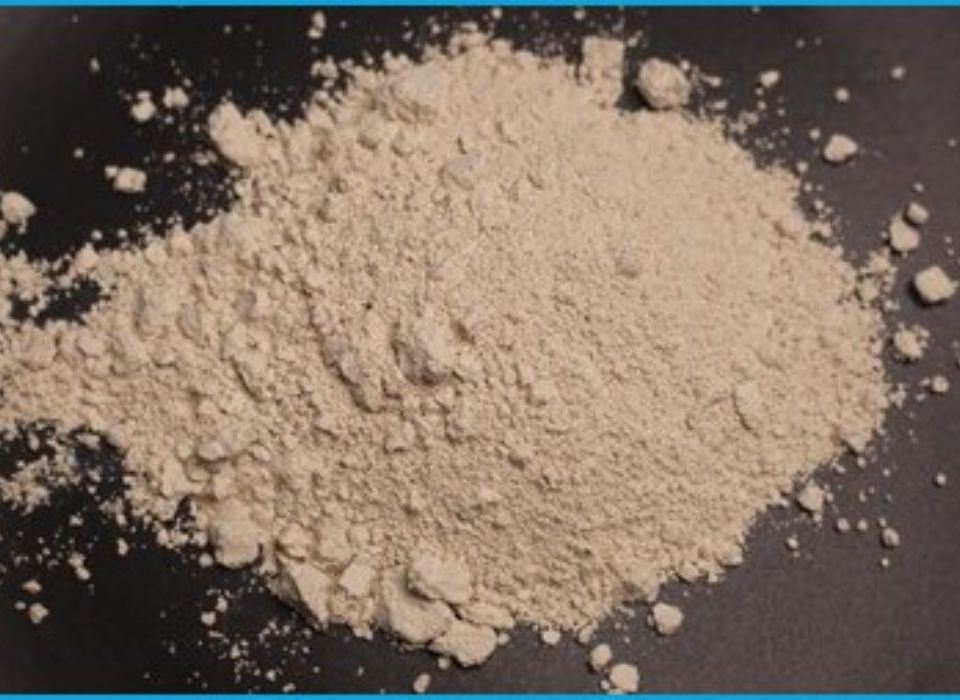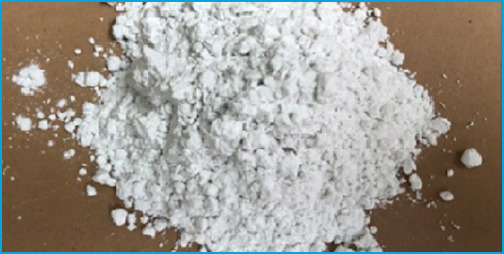
Diatomaceous Earth and Amorphous Silica: What You Need to Know
September 27, 2024
Where to Get Diatomaceous Earth for Your Chickens?
October 7, 2024Diatomaceous Earth for Cats
As a cat owner, ensuring the health and well-being of your furry friend is always a priority. When it comes to natural remedies for pest control, Diatomaceous Earth (DE) is often recommended as a safe and effective option. However, you may be wondering, Is it safe for cats? The answer is yes—if used correctly, food-grade DE can be safe for cats and even beneficial. However, it’s essential to understand how to use it properly and to be aware of potential risks.
1. Natural Flea Control
Fleas are a common issue for cats, especially those who spend time outdoors. Many pet owners turn to harsh chemicals or medications to treat fleas, but DE provides a natural, chemical-free alternative.
2. Internal Parasite Control
In addition to its external pest control properties, DE can also help combat internal parasites such as roundworms, hookworms, and tapeworms. When ingested in small amounts, the powder can pass through the digestive system and eliminate parasites by damaging their outer layer.
How to Use Diatomaceous Earth for Cats
1. Apply in small amounts
Sprinkle a small amount of food-grade DE onto your cat's fur, focusing on areas where fleas are commonly found, such as the neck, back, and tail.
2. Rub gently
Rub the powder gently into your cat’s fur so that it reaches the skin, but be cautious not to create a cloud of dust, as inhaling it can irritate your cat's respiratory system.
3. Repeat as needed
You may need to reapply the DE every few days, especially if your cat is still showing signs of fleas.
Ingestion for Internal Parasites
If you are considering DE for internal parasite control, it’s essential to consult with your vet first. Once you have approval, follow these general guidelines:
- Use food-grade DE: Ensure you’re using food-grade and never industrial-grade.
- Measure carefully: The general recommendation is to mix a small amount of DE (about half a teaspoon for kittens and one teaspoon for adult cats) into your cat’s food. However, always start with smaller amounts and consult your veterinarian for specific dosing.
- Monitor for any reactions: While DE is generally safe when ingested, monitor your cat for any signs of discomfort or digestive upset.
Potential Risks
1. Inhalation Hazard
One of the main risks of using DE is the potential for inhalation. DE is a fine powder, and if inhaled, it can irritate your cat’s respiratory system, leading to coughing, sneezing, or difficulty breathing. Always apply DE in well-ventilated areas and try to avoid creating dust clouds.
2. Skin Irritation
In rare cases, it may cause skin irritation in cats, particularly if they have sensitive skin. If you notice any signs of redness, itchiness, or irritation, stop using the DE immediately and consult your vet.
3. Overuse and Dosage
Although DE is non-toxic, overuse can cause digestive issues, including constipation or a dry stool. Always stick to the recommended dose for internal use and consult with your veterinarian before introducing it into your cat’s diet.
Conclusion
Diatomaceous earth, when used correctly, can be a safe and effective natural remedy for your cat, helping with flea control and digestive health. The key is to always choose food-grade and follow recommended guidelines to ensure your cat remains healthy and happy. For specific advice on using DE for your pet, consult with your veterinarian, who can provide guidance on dosage and safety.
When it comes to natural solutions for your pet's health, using DE carefully can be a great option. Companies like Seema Minerals & Metals offer high-quality food-grade DE, ensuring you get a product that is safe for your cat and effective in promoting their well-being.




